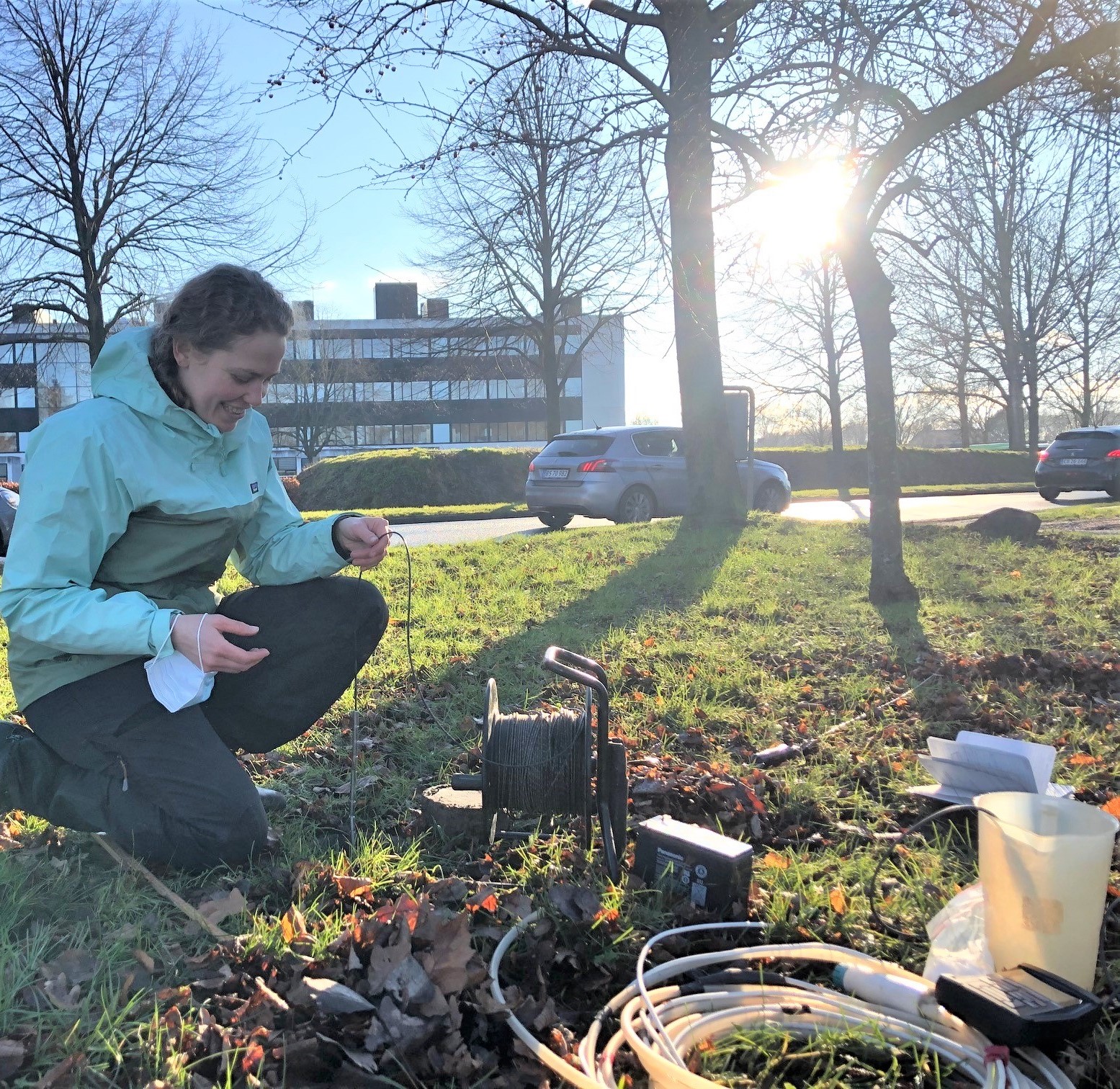Universitetsavisen
Nørregade 10
1165 København K
Tlf: 21 17 95 65 (man-fre kl. 9-15)
E-mail: uni-avis@adm.ku.dk
PhD thesis defense
PhD thesis defense — Ane LaBianca 23 NOV
Date & Time:
Place:
Aud Theodor Sorgenfrei (0-242) at GEUS, Øster Voldgade 10, 1350 Kbh K
Hosted by:
Geology Section
Cost:
Free
Ane LaBianca defends her thesis,
Shallow Urban Groundwater Dynamics
Exploring the impact of the urban subsurface and infrastructure and modeling techniques at city scale
Supervisors:
Professor Karsten Høgh Jensen
Adjunct Professor Torben O. Sonnenborg, GEUS
Senior Researcher Jacob Kidmose, GEUS
Assessment Committee:
Professor Thomas Graf, Leibniz University Hannover, DE
Director of Research, Theis Raaschou Andersen, VIA University College
Associate Professor Majken Looms Zibar (chair), IGN
Summary:
Urbanization alters the landscape and the subsurface and causes a dramatic impact on water resources. Urbanization affects the local water resources in quantity, the flow of the water, and the quality of the water. Groundwater is a fundamental water resource for drinking purposes and a large fraction of the world’s freshwater is stored and flows in the subsurface as groundwater. Meanwhile, large variations in the shallow groundwater table can cause damaging effects on urban infrastructure and construction.
The Ph.D. thesis Shallow Urban Groundwater Dynamics explores the impact of the urban subsurface and infrastructure on shallow groundwater levels, flow paths, and residence time, as well as methods of modeling this shallow urban groundwater dynamics at city scale.
The aim was threefold (1) to analyze the effect of urban geology in models of shallow groundwater levels and flow, (2) to analyze the effect of spatial discretization when urban geology is represented in hydrological models, and (3) to explore the application of machine learning (ML) for shallow groundwater level predictions in urban settings.
The research was conducted based on a Danish case area, a part of the City of Odense, on the island Funen.
The results show that both the spatial discretization and the representation of the urban subsurface in the models affected the accuracy of the simulated water levels and the water flow path. Especially the fill material and leaking sewers affect the shallow groundwater flow path and residence time in the hydrological models. The test of ML for predicting shallow groundwater levels shows great potential as it outperformed a process-based model in simulating an average minimum depth to the water table condition in the urban case study. Moreover, an analysis of the ML algorithm relations to the feature training data showed a clearer pattern when local urban feature data sets were included in the training data set for the ML algorithm.
The study contributes to the understanding of urban hydrogeology and methods of modeling shallow urban groundwater and forms a basis for future studies on urban water quality and the impact of climate change, and climate adaptation measures on urban water resources.
A digital version of the PhD thesis can be obtained from the PhD secretary at phd@ign.ku.dk
